Flanders commits to ocean protection at UN Ocean Conference in Nice
Marine Research and Innovation in Belgium: a growing landscape
Blue innovation thrives in Flanders
Maak deel uit van grootse demo en denkoefening in klimaatneutraal maken Blauwe Economie
After Brexit, a different future for Flanders fisheries
ILVO and VLIZ, together with local actors in Flanders fisheries, are entering into a close collaboration in the framework of the 'Brexit Adjustment Reserve' (BAR). After all, Brexit has far-reaching consequences for the Flanders fishing fleet. Especially the smaller vessels with limited fall-back options, are severely disadvantaged and are looking for a sustainable way out for the future. The cooperation project examines the opportunities for developing new economic carriers and how to strengthen resilience for small-scale and sustainable niche fisheries.
VLIZ' eerste multi-robotmissie ondersteunt onderzoek naar onderzeese ravijnen
New Treaty protects biodiversity in the High Seas
Last week, the very last negotiations aimed at adopting an international Convention for the protection of high seas biodiversity took place in New York. The agreement was reached after 17 years of intense discussions and negotiations at the United Nations. Belgium played an active role in drafting and finalising this treaty. Among other things, it will now become possible to create natural areas on the high seas - outside territorial waters.
SBEP partnership launches cofund call for sustainable Blue Economy projects
A first cofund call for project funding under the new Horizon Europe SBEP partnership, which aims to develop a climate-neutral, sustainable, productive and competitive 'blue economy', opened on 13 February 2023. The deadline for submitting a pre-proposal is 14 April.
The challenges and opportunities of marine carbon accounting in the North Sea
The latest policy informing brief by the Flanders Marine Institute (VLIZ) highlights the concept of carbon accounting within the marine context. What are the main challenges and opportunities? What is the potential climatic importance of sediment-bound organic carbon in shallow seas, such as the North Sea? What role can the Oceans Network of the Integrated Carbon Observation System (ICOS) play in promoting workable and reliable marine carbon accounting practices? You can read all about it in this publication, downloadable from the VLIZ website.
Belgian marine research continues its growth
Save the date - Lifewatch Biodiversity Day 2022
On Wednesday 5 October, the second LifeWatch Biodiversity Day will take place for scientists, citizens, policy makers and industry. This year, you will discover the latest innovations in biotope and habitat mapping for biodiversity and ecosystem research.
Flemish marine research community represented by VLIZ at UN Ocean Conference
From 27 June to 1 July, the United Nations Ocean Conference runs in Lisbon. This major ocean conference hopes to boost the development of science and innovative solutions to global ocean threats. The Flemish marine research community also participates and is represented by VLIZ.
Scheldt Symposium: En Route!
Blue Economy Science Summit (BESS 2022) - Stakeholder Engagement
VLIZ yearbook looks back at 2021
Minister Hilde Crevits ambitious during VLIZ Marine Science Day: "Knowledge is the source of sustainability
Ostend (2022.03.02) – During the VLIZ Marine Science Day (2 March 2022), hundreds of early-career marine researchers were presented with an ambitious vision of the future. With the increasing importance of the sea for our society - for example in the context of the Blue Economy - excellent marine research is more important than ever. Minister Crevits is calling for our growing knowledge to be converted even more into responsible and sustainable use of the sea and is counting on everyone's efforts to that end.
Belgian marine research continues its growth
VLIZ reports annually on the current state of marine research in Flanders and Belgium in the form of a policy informing brief and thus maintains a close watch on this dynamic research field. The most recent report, among other things, maps out the research capacity as well as the scientific output for the year 2020 and elaborates on international collaborations, the geographical focus of the research and the use of research vessels.
Closer collaboration between VLIZ and Basque AZTI
Within the framework of an economic mission of Flemish minister-president Jan Jambon in Northern Spain, VLIZ has signed a Memorandum of Understanding with the Basque marine research and technology centre AZTI.
Symposium on marine carbon sequestration
To assess the climate mitigation potential of the ocean, seas and estuaries, both globally and locally, EMBRC Belgium and the Flanders Research Institute for Agriculture, Fisheries and Food are organising a symposium on marine carbon storage on 16 December 2021.

